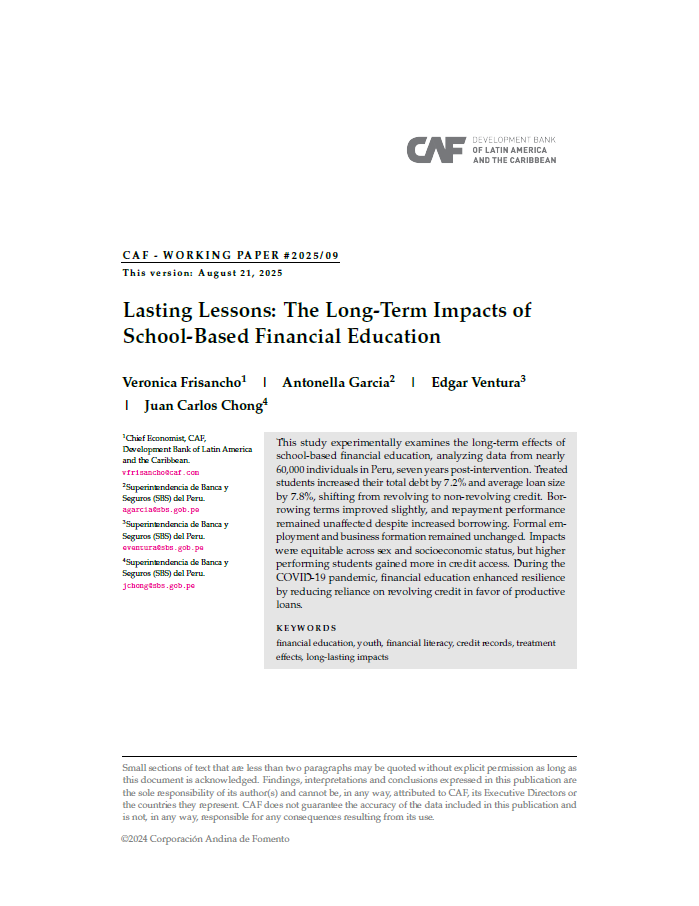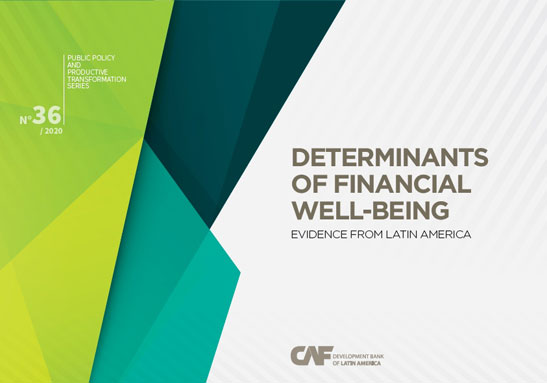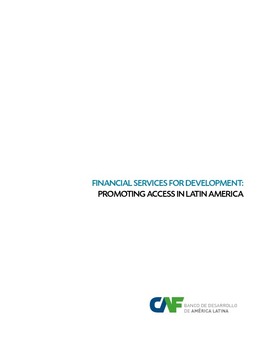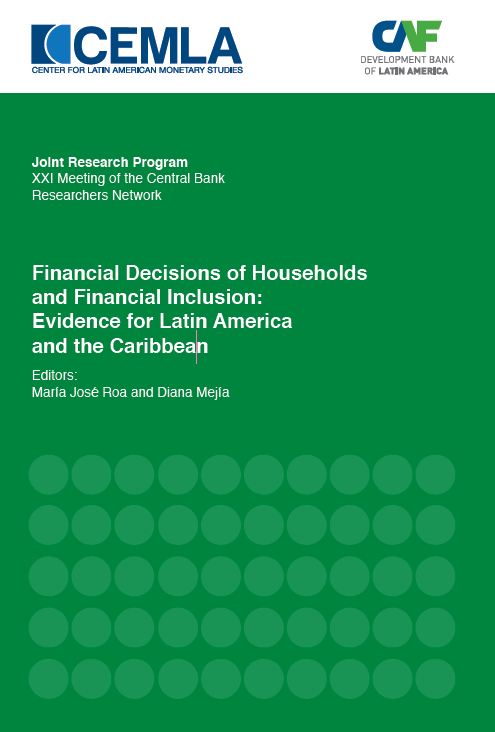Lasting Lessons: The Long-Term Impacts of School-Based Financial Education
Resumen
This study experimentally examines the long-term effects of school-based financial education, analyzing data from nearly 60,000 individuals in Peru, seven years post-intervention. Treated students increased their total debt by 7.2% and average loan size by 7.8%, shifting from revolving to non-revolving credit. Borrowing terms improved slightly, and repayment performance remained unaffected despite increased borrowing. Formal employment and business formation remained unchanged. Impacts were equitable across sex and socioeconomic status, but higher performing students gained more in credit access. During the COVID-19 pandemic, financial education enhanced resilience by reducing reliance on revolving credit in favor of productive loans.
Materia
País / Región
Fecha
2025-10-30Citar de esta publicación
Item perteneciente a la Colección
Autor
Chong, Juan CarlosFrisancho, Verónica
García, Antonella
Ventura, Édgar
Items Relacionados
Determinants of Financial Well-Being Evidence from Latin America
This paper provides a baseline measurement of financial well-being in Latin America and studies the factors associated with this indicator. The highest ...
RED 2011: Financial services for development: promoting access in Latin America (chapter one)
This publication also highlights the development of microfinance institutions (MFI) and their significant contribution towards bringing these services ...
Financial Decisions of Households and Financial Inclusion: Evidence for Latin America and the Caribbean
Over the last few decades the interest in understanding household financial decision making has been growing. This interest has partly been due to its ...





